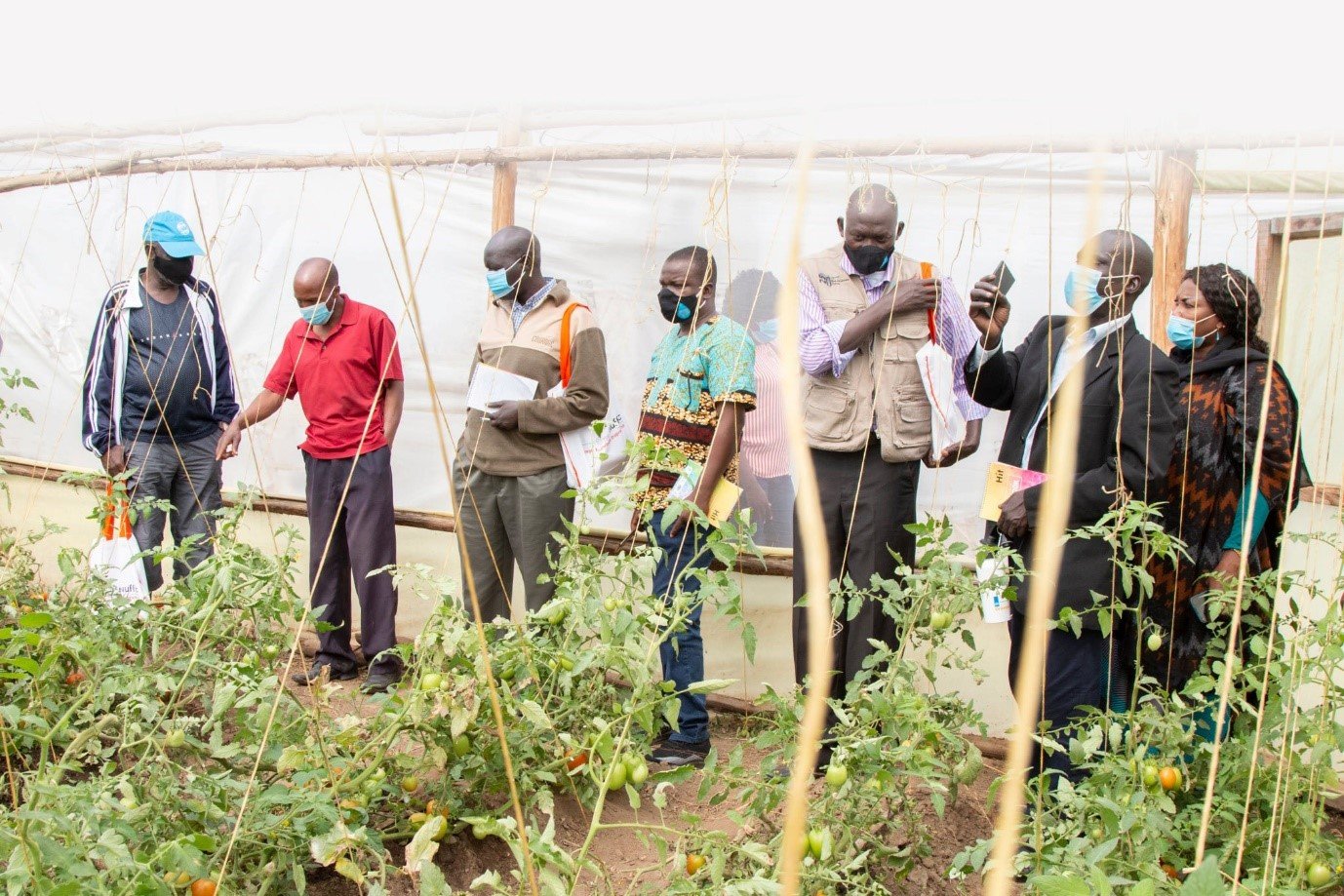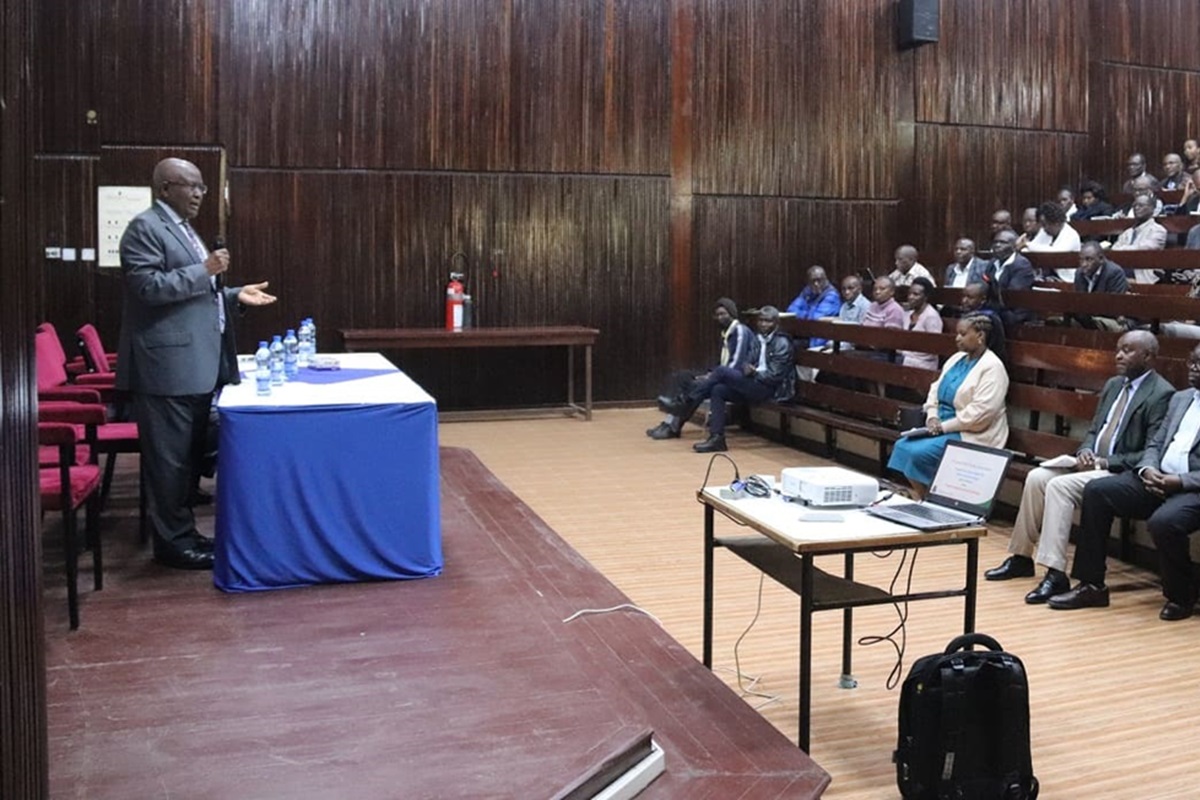
Egerton University to host Students from the University of Juba, South Sudan on a 6-week Internship Programme
Egerton University will host ten students from the University of Juba, South Sudan on a internship programme. The 6-weeks internship programme will run from 3rd October to 12th November 2021 and will support students to develop solutions for food security challenges in South Sudan. This is the first international internship program of its kind to be held at Egerton University. This internship is facilitated by NUFFIC under the “Orange Knowledge Programme - New Horizons for Food Security & Agri-Education South Sudan” with support from CoELIB, Egerton University and MDF Training and Consultancy (MDF). This is a Tailor-Made Training (TMT) programme that improves food security in South Sudan through enhancing the capacity of higher education, training, and research at the University of Juba and strengthening Africa’s regional capacity for sustainable agriculture, agribusiness, and research.
“The students were chosen through a rigorous selection process when our staff visited the University of Juba recently. The students are potential to be admitted to various postgraduate programmes at Egerton University through other funding sources and will be here also to sample student life in their potential future Alma Mater” Prof. Alexander K. Kahi, Director CoELIB at Egerton University said.
During the internship period, the students, will identify a food security challenge and develop a solution that can support a company or government institution in South Sudan to support food security prospects. The students will have a workshop week to work on their food security challenge and co-create an action plan to be implemented in Juba, South Sudan. They will then visit at least five companies in Kenya relevant to their food security challenge for cross-learning and exposure.
Attaining food security among households in South Sudan has been a challenge over the decades. Farming, fishing, and livestock systems remain at subsistence production levels. Also, field sizes and crop yields are low due to the high costs of farm inputs, poor quality seeds, tools, poor agronomic practices, and limited technologies and innovations. Small scale farmers are also not fully integrated across value chains, and private sector linkages are weak.
Another key problem aggravating food insecurity is the limited supply of skilled agriculture graduates committed and motivated to work in the agricultural sector. Youth unemployment, particularly among university graduates, is high.
The internship programme will provide an opportunity for the students to apply the acquired knowledge and skills within their working environment and foster changes in personal, academic and professional attitudes and attributes through training. This will result in improved food security in their home country. During the internship programme, the following will be the key activities and focal areas:
- Identifying food security challenges and proposed solutions
- Personal leadership and development
- Risk and context monitoring and management
- Stakeholder mapping and management
- Business entrepreneurship skills: Ideation, business model canvas, product development, marketing, & finance
- Attachment to different sections at Egerton University
- Training students with facilitation skills
It is anticipated that the students will acquire and apply the knowledge and skills within their working environment. They will also show changes in personal, academic and professional attitudes and attributes through training. As the programme grows the supply of skilled agriculture graduates who are committed and motivated to work in the agricultural sector, more human resource capacities will be engaged in agriculture for the sustainability of food security interventions.
The success of the internship programme is attributable to years of success in management training, advisory, education, and capacity-building experience from Egerton University and MDF. Egerton University has longstanding success working with youth and farmers through research, extension, outreach, consultancy, and information dissemination necessary to foster effective agricultural management practices aimed at improving food security.







